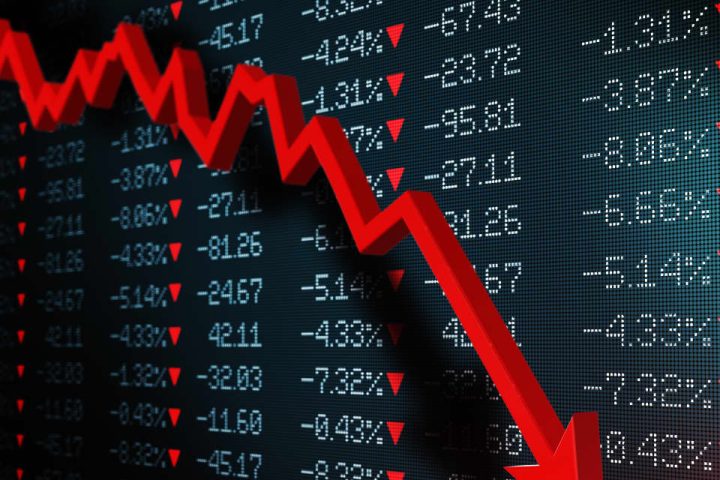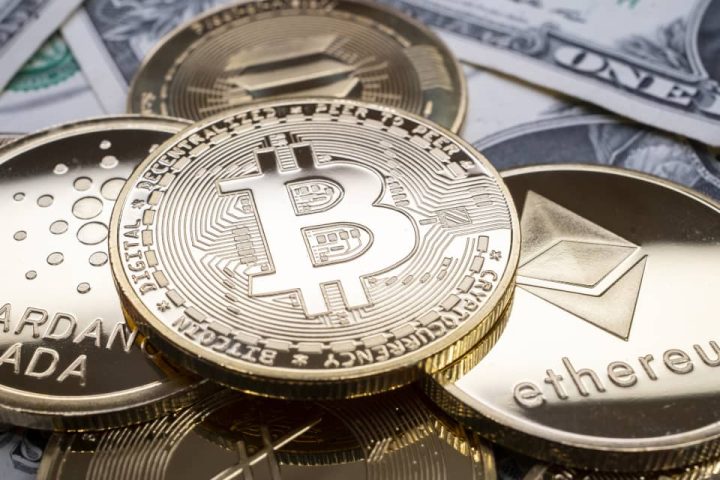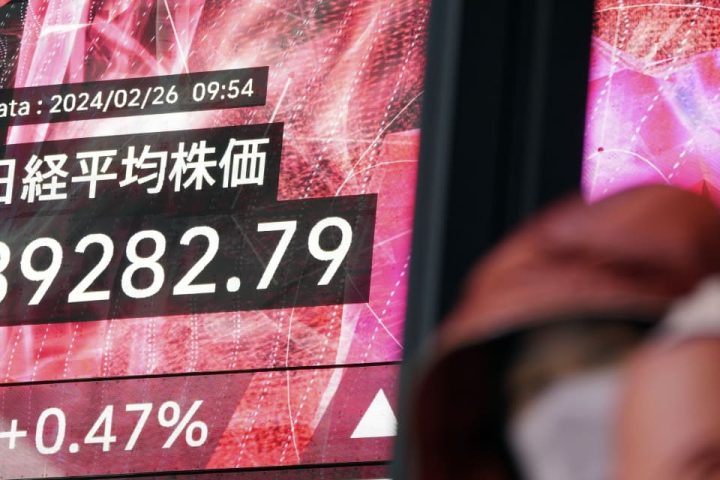Wall Street has fallen into a repeating pattern this autumn: Strategists discover another sector that the obesity medicines from
Eli Lilly
and
Novo Nordisk
will supposedly decimate, and investors rush to sell. It has happened in packaged foods, medical devices, and restaurants, among others.
On Wednesday, the medical device company
Abbott Laboratories
(ticker: ABT) made one of the strongest cases yet that such panic is overblown.
Abbott
sells devices to treat diabetes, including the FreeStyle Libre, a continuous glucose monitoring system that allows diabetes patients to track their blood glucose levels with fewer finger sticks.
Investors had worried that the new obesity drugs, which are also approved to treat Type 2 diabetes, would eat away at sales of the Libre and other Abbott diabetes products.
That logic has weighed on the share prices of Abbott and other companies that sell similar devices. Abbott shares were down 16.1% on the year as of the market close on Tuesday, a period in which the
S&P 500
was up 13.9%. Shares of
DexCom
(DXCM), which sells a competing glucose monitoring system, had fallen 28.9% year to date.
Insulet
(PODD), which sells a wearable insulin delivery system for diabetics, was down 52%.
When Abbott reported its third-quarter results Wednesday, however, it said quarterly sales of the Libre were $1.4 billion, up 28% from the same period last year. Abbott CEO Robert Ford told investors that more of its FreeStyle Libre users were using the device while also taking the new obesity drugs.
Ford said use of the Libre is actually complementary with the new obesity drugs, known as GLP-1 receptor agonists. In a note Thursday, Mizuho analyst Anthony Petrone wrote that uptake of the FreeStyle Libre in combination with GLP-1 drugs can sustain the Libre’s growth profile, “at least over the near-term.”
Ford didn’t stop there. In comments on an investor call, he implied that doomsaying investors and analysts don’t actually know what they’re talking about.
“I feel that the investor angst is probably driven more by those that have a little bit less domain knowledge in Medtech,” Ford said. “We’re looking at 10 million to 15 million people in the next 4 to 5 years that will be on this drug. That’s a real small fraction of the size of these medical device markets that we’re talking about.”
In other words, despite the enormous revenue potential for the GLP-1 drugs, the actual number of patients likely to take them in the foreseeable future isn’t actually so large, in the context of some of these markets.
It’s a point that echoes one that Barron’s made earlier this month. Analysts and investors who project that GLP-1 drugs will have vast impacts on sectors as far afield as restaurants and packaged foods are vastly overestimating how many Americans will have access to these medicines. The large revenue estimates are predicated on very high prices. If 15 million patients are on anti-obesity medicines in the U.S. by 2030, the $50 billion that would cost equates to roughly a tenth of the total amount spent on U.S. retail drugs in 2021.
As I wrote in September, even those projections of uptake in the 15 million range will significantly stretch the ability of insurers, employers, and government programs to pay. Abbott’s Ford said Wednesday that employers will have limited appetite to foot the bill for the GLP-1 drugs.
“The real payers are the employers and the companies that pay for these,” Ford said. “And I think as you look at companies and higher medical expense costs, inflation. I think that’s going to be a factor as we go into next year.”
For investors, it’s a reminder that while these new obesity drugs might have a significant impact for the patients who take them, they won’t be easily accessible to the vast majority of patients for many, many years.
Abbott shares climbed 3.7% on Wednesday, while
DexCom
shares rose 4.5%, and
Insulet
was up 2.5%.
Write to Josh Nathan-Kazis at [email protected]
Read the full article here







